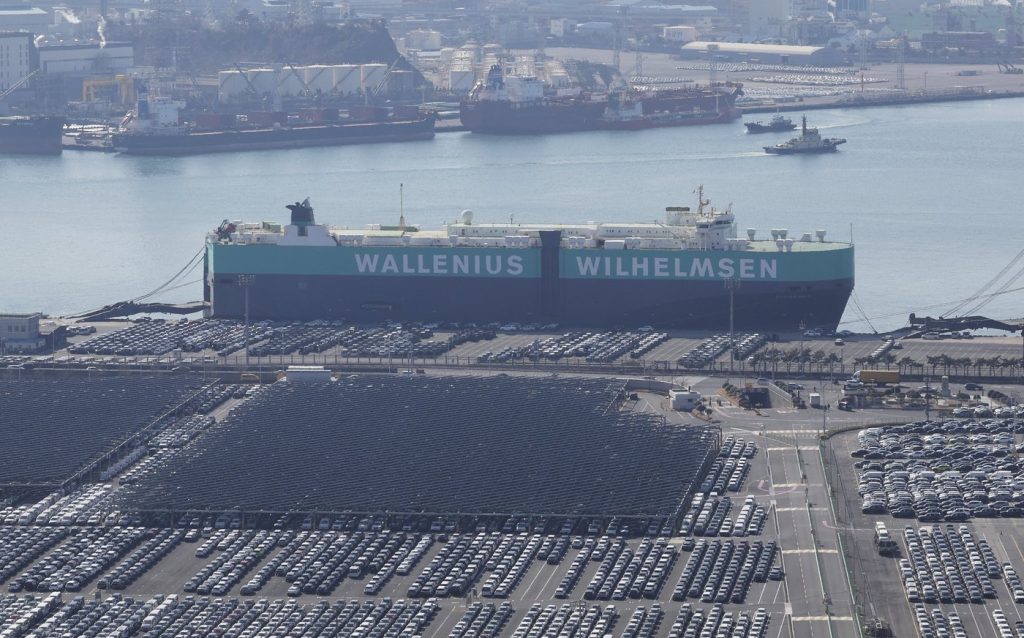SEOUL, South Korea (AP) – South Korean officials have urged the Trump administration to exempt their country from the impending aggressive tariffs planned for U.S. trade partners. This request comes as South Korea emphasizes its existing commitment to maintaining low duties on American imports as part of the free trade agreement established between the two nations.
Deputy Trade Minister Park Jong-won brought this appeal to Washington during his recent meetings with officials from the White House, the Department of Commerce, and the Office of the U.S. Trade Representative. The South Korean Trade Ministry has not disclosed the responses received from American officials following Park's discussions. However, Park highlighted the ongoing contributions of South Korean companies to the American economy, particularly through significant business investments, and reiterated that South Korea applies lower tariffs on trade partners, including the United States.
Within these discussions, Park specifically requested South Korea's exclusion from any plans to implement reciprocal tariffs with trade partners, as well as the proposed increases in duties for imported steel and aluminum. Recent evaluations from South Korea's top economic think tank have raised concerns about the long-term effects of U.S. President Donald Trump's expanding tariff measures and their potential impacts on global trade dynamics.
The Korea Development Institute, a state-run economic think tank, has downgraded its growth forecast for South Korea's economy for the second time since November, now projecting a growth rate of 1.6% by 2025. This represents a decline of 0.4 percentage points from previous estimates. The institute's economists believe that Trump’s tariffs on steel and aluminum will not significantly impact South Korea's economy since these commodities constitute less than 1% of its exports to the U.S. However, there are growing worries regarding additional U.S. tariffs on semiconductors and automobiles, which could substantially affect South Korea’s trade-centric economy.
In light of these developments, Choi Sang-mok, South Korea's Acting President and Finance Minister, convened a meeting with trade and foreign policy officials to discuss the prospective repercussions of Trump’s trade policies. These include potential reciprocal tariffs and specific product duties focused on semiconductors, automobiles, and pharmaceuticals. Choi has tasked officials with analyzing responses from other major economies, such as the European Union, Japan, and China, to Trump’s trade policies in order to effectively communicate South Korea’s stance to U.S. officials.
As of 2024, South Korea's trade surplus with the United States stood at an impressive $55.7 billion. The South Korean Trade Ministry indicated that the tariff rates on U.S. manufactured imports are approximately zero percent. This current economic landscape underscores the delicate balance of trade relations between South Korea and the United States as both nations navigate the complexities of global trade policies.










